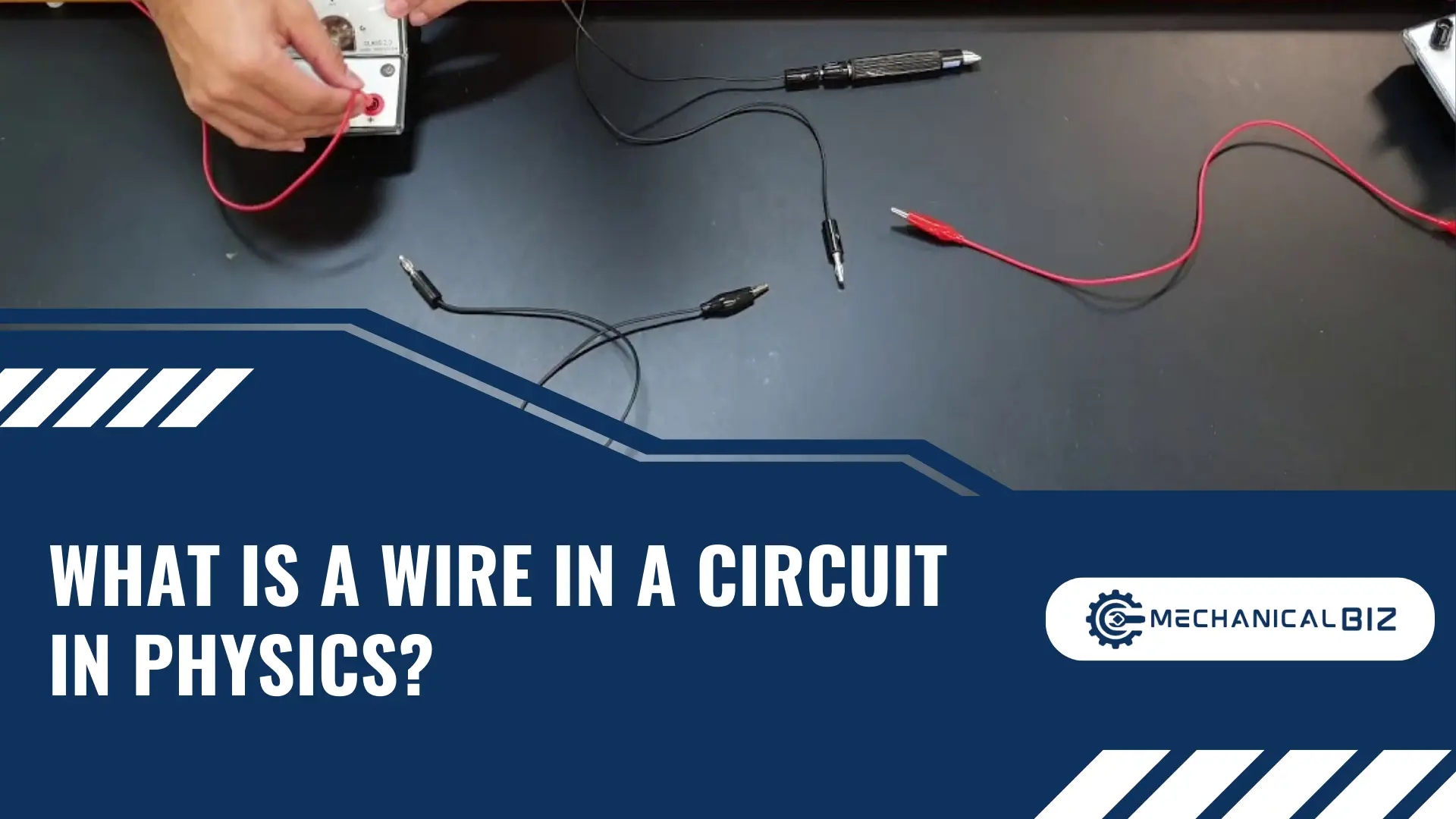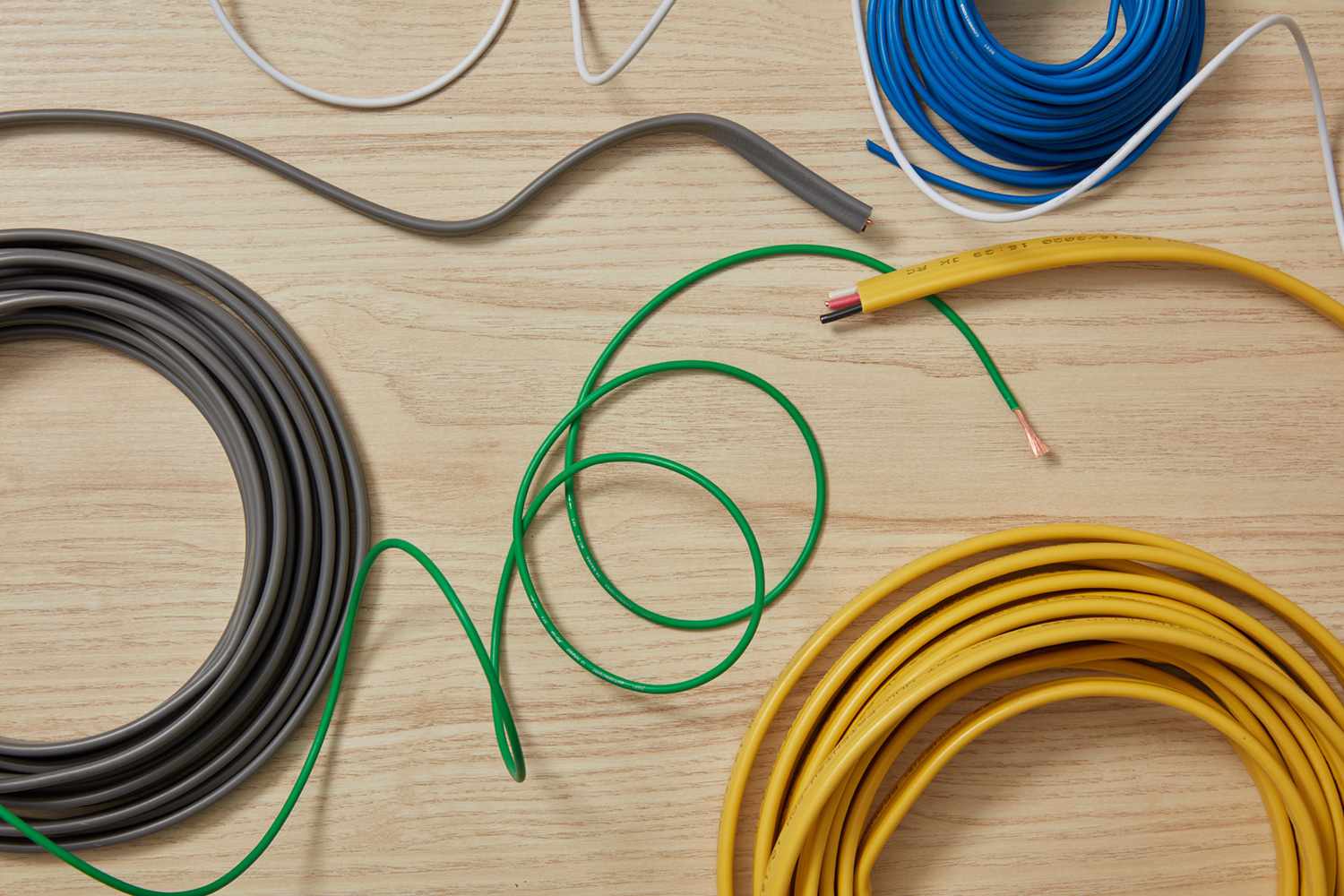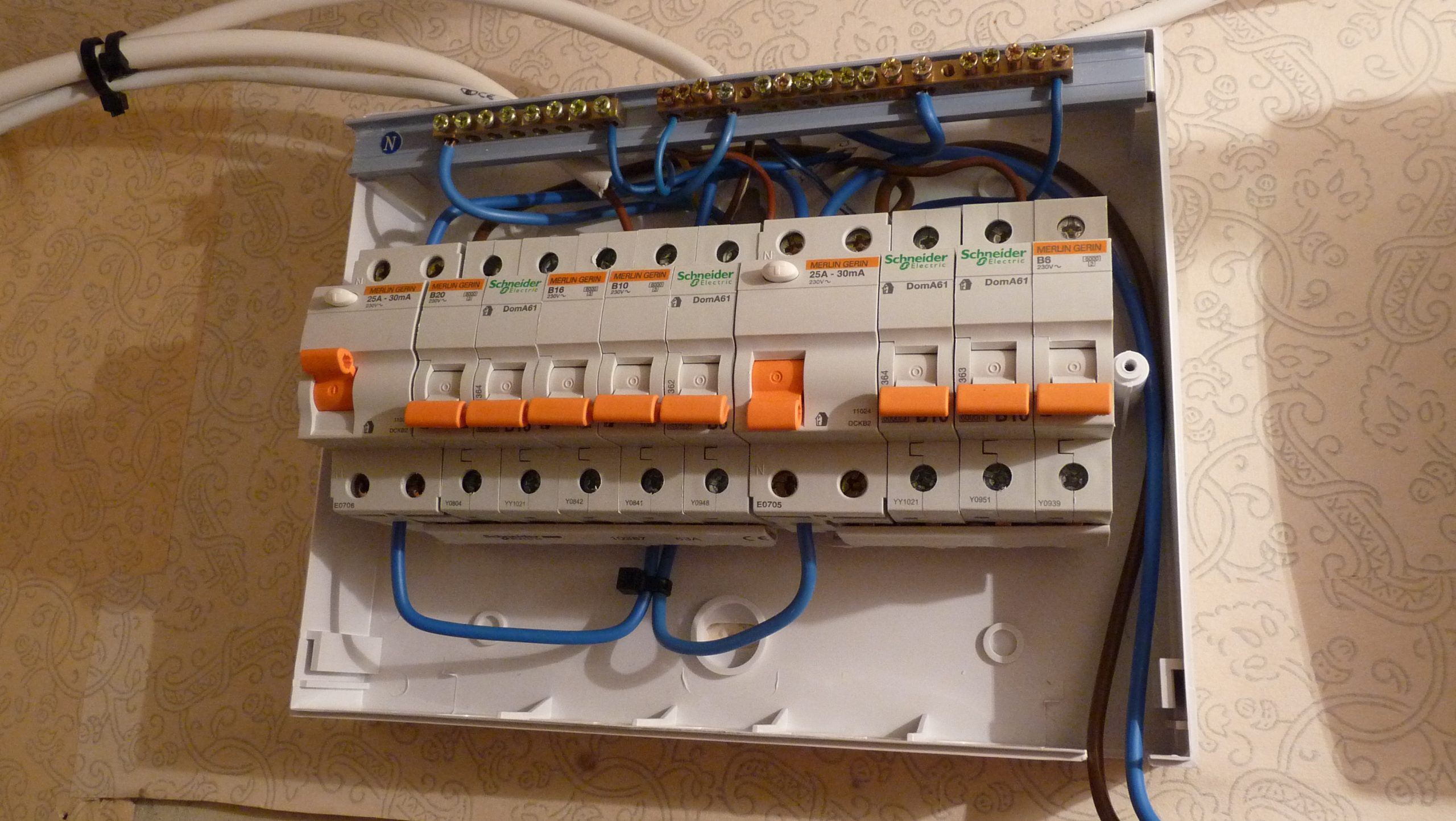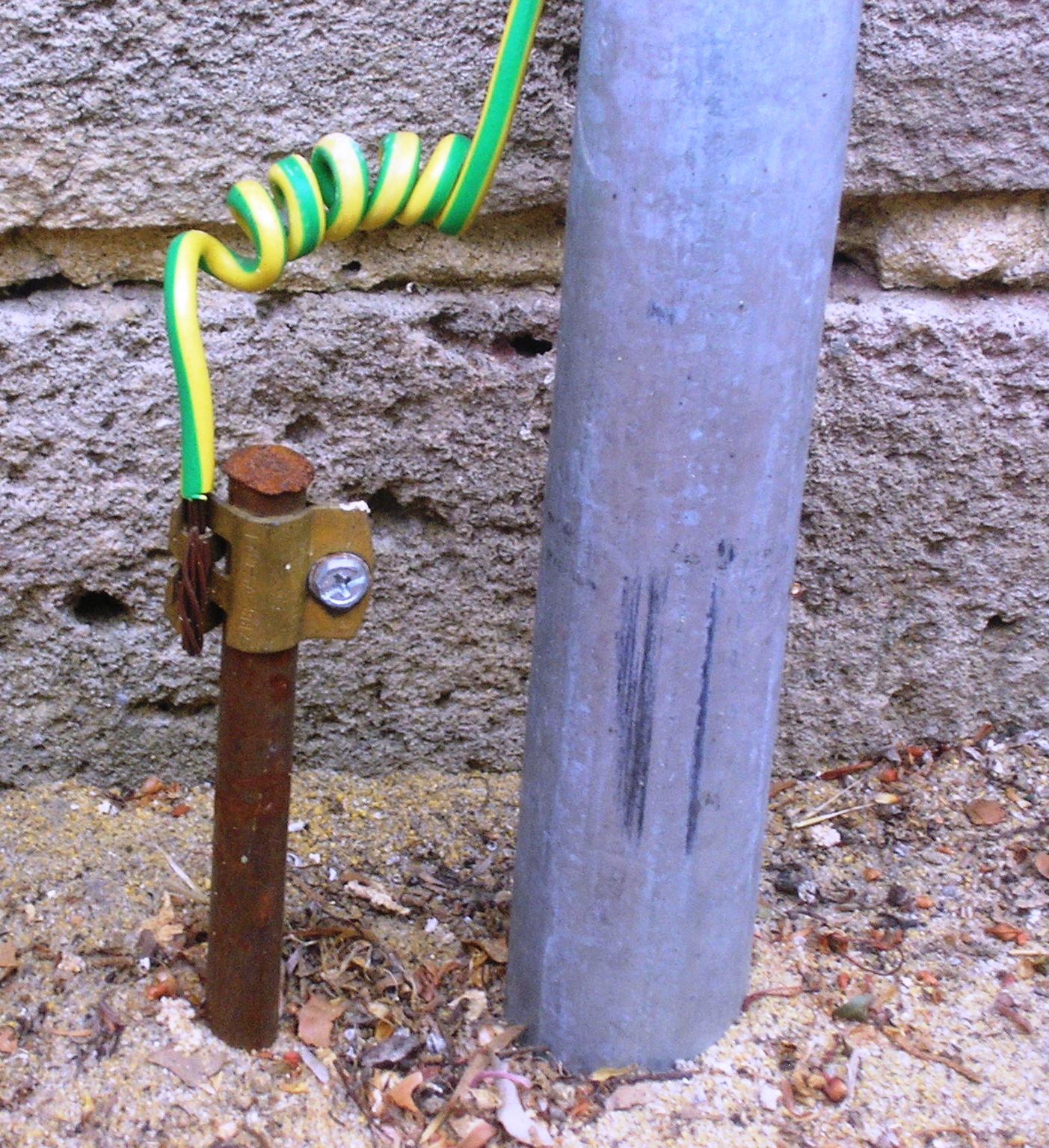What is the Difference between Red And Black Electrical Wires
The difference between Red And Black Electrical Wires are both used as hot wires, but red wires are typically used as secondary hot wires, especially seen in installations like ceiling fans, while the black wire is used as the primary hot wire carrying the live current. In DC electronics, the red wire carries positive voltage … Read more










